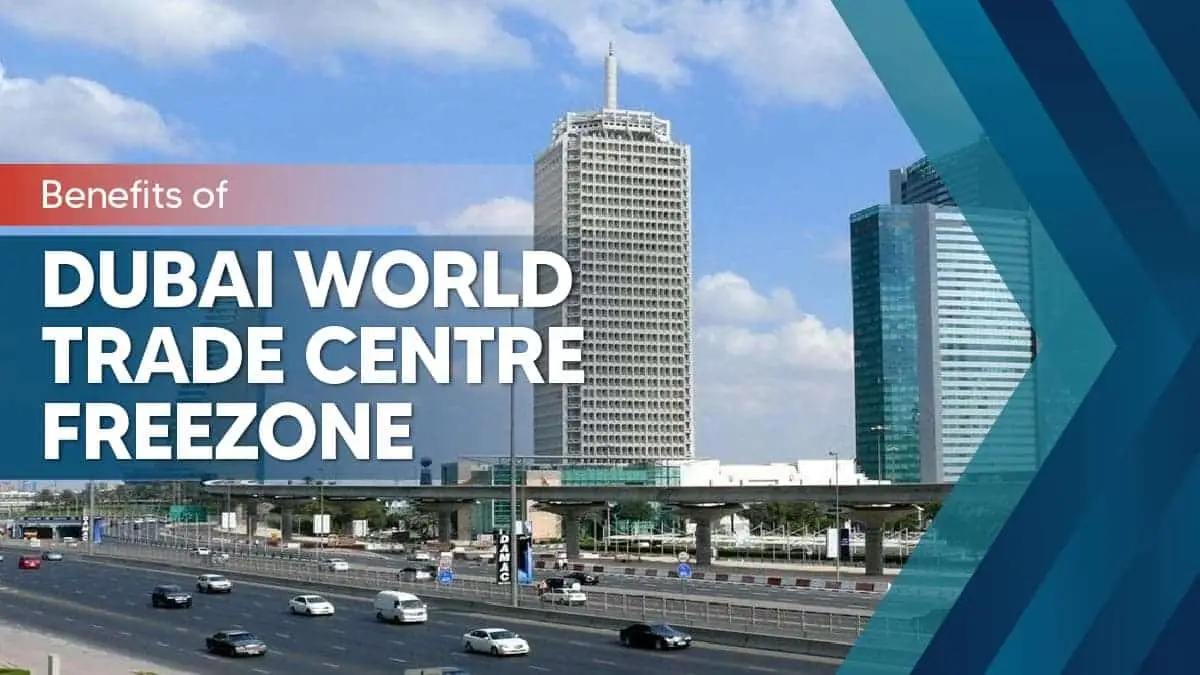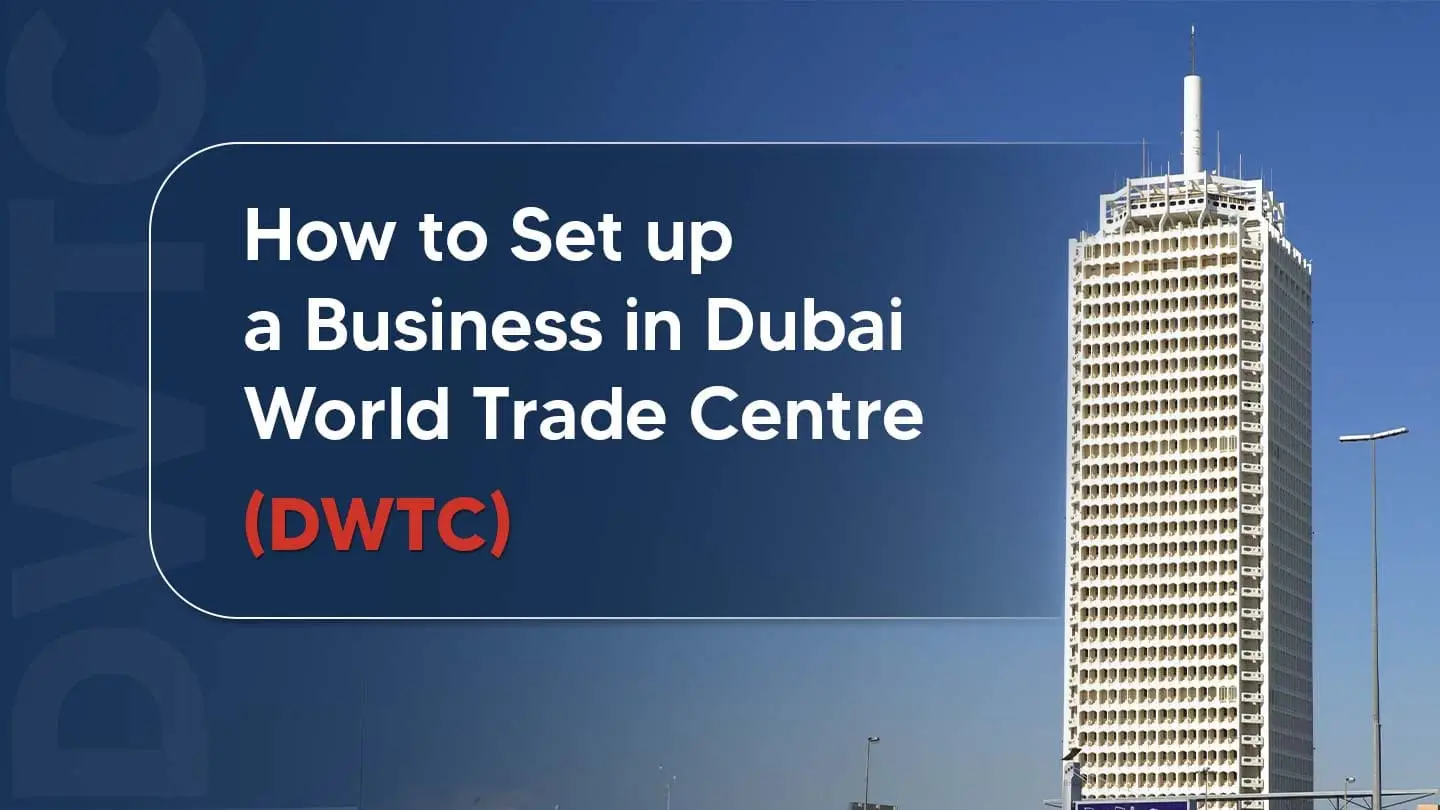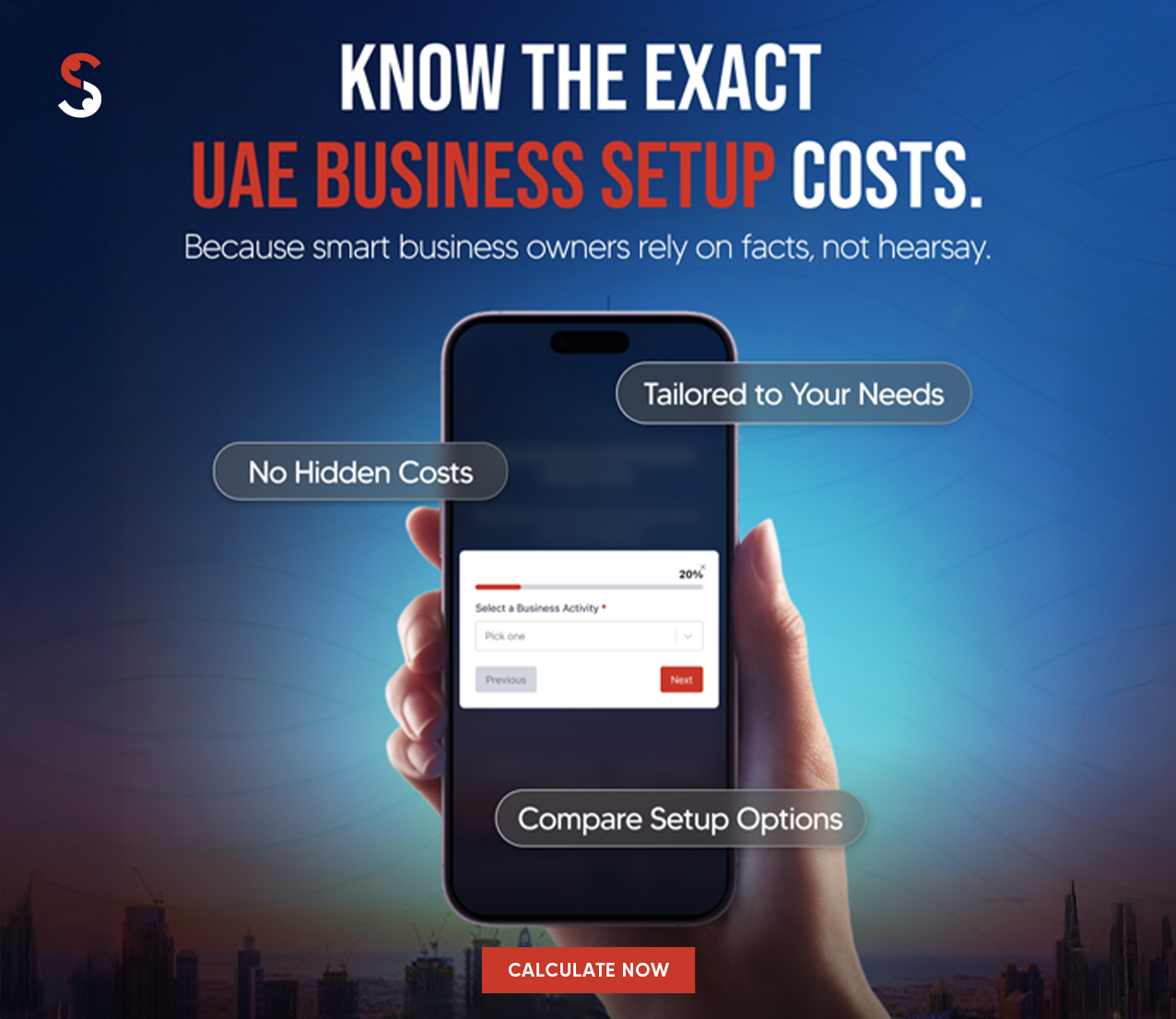Dubai has always been a popular place to start a business, with two main areas to choose from. Free Zones and the Mainland. The UAE’s free zones offer numerous benefits, including 100% foreign ownership, tax exemptions, and streamlined business setup processes.
However, one common question among entrepreneurs is: Can a free zone company do business in mainland UAE?
The answer is yes, but with certain conditions and requirements. In 2025, Dubai introduced a new rule that allows Free Zone companies to operate in the mainland more easily. This means businesses can now reach more customers, grow faster, and save costs, all while following clear legal steps.
Let’s explore how this works, what the recent legal changes in Dubai mean, and how a free zone business can expand to the mainland.
Understanding Free Zone vs. Mainland in the UAE
To understand why this new change matters, let’s first look at how Free Zone and Mainland businesses in Dubai work differently.
Free Zone: Companies are set up to operate within a specific economic zone such as International Freezone Authority (IFZA), Ajman Free Zone, Dubai Multi Commodities Centre (DMCC), and Dubai World Trade Centre (DWTC). They benefit from full foreign ownership, tax exemptions, and customs privileges but are restricted from directly doing business in the mainland.
Mainland: Companies can operate anywhere in the UAE, including doing business directly with government entities and mainland-based customers. These entities are licensed by the Department of Economic Development (DED) or the equivalent authority in each emirate.
Can a Freezone Company Do Business in the Mainland?
Generally, a free zone company in the UAE cannot conduct business directly in the mainland unless it obtains a specific mainland license.
However, in March 2025, Crown Prince Sheikh Hamdan bin Mohammed bin Rashid Al Maktoum, Chairman of Dubai’s Executive Council, issued Executive Council Resolution No. 11 of 2025. This important resolution allows companies licensed in Dubai’s Free Zones to legally operate on the mainland, so long as they obtain the right licenses or permits from the Dubai Department of Economic Development (DED).
This means companies set up in over 40 Free Zones across Dubai can sell their products and services directly in the mainland. This also means they no longer need third-party distributors or local service agents to reach customers in the mainland.
Under the new rules, Free Zone companies (excluding those licensed in the DIFC) can apply for:
- A branch license in Dubai’s mainland.
- A mainland branch license, while keeping their headquarters in the Free Zone.
- A temporary activity permit to carry out specific operations onshore.
This policy also supports a broader economic goal known as Dubai’s Economic Agenda D33. The D33 plan aims to double the size of Dubai’s economy by 2033 and ensure the emirate ranks among the world’s top three economic cities. By allowing mainland access for Free Zone businesses, Resolution 11 strengthens the city’s integrated and growth-focused business ecosystem.
It is important to note a key exception: the resolution does not apply to financial institutions licensed under the Dubai International Financial Centre (DIFC), which operates under its own distinct legal framework.
How Can a Free Zone Company Trade in the Mainland?
Under the new 2025 resolution, Free Zone companies in Dubai can now legally operate in the mainland, but it must be done through the right channels. Here’s how:
1. Establish a Mainland Branch License
Free Zone companies can set up a branch office in Dubai Mainland. This branch is not a separate legal entity, it operates under the parent Free Zone company’s name and license.
Key Points:
- The branch must obtain a Mainland trade license from DED.
- The parent company remains legally responsible for the branch’s activities.
- This option allows companies to carry out their full range of business activities in the mainland (depending on the approved license).
- Physical office space in the mainland may be required, depending on the activity.
2. Apply for a Special Activity Permit
For companies not ready to set up a full branch, DED also offers a special activity permit, allowing Free Zone businesses to conduct limited or temporary operations in the mainland.
Ideal for:
- Short-term projects or contracts.
- Providing services to mainland clients.
- Testing the mainland market before full expansion.
Conditions may include:
- Clear description of the activity to be performed.
- Duration of the work or service.
- Approval from both DED and the Free Zone authority.
Keep in mind, whether you choose a branch license or a special permit, the license/permit is valid for one year. It must be renewed annually to remain valid. Companies must also comply with all local regulations, including maintaining proper accounting records and fulfilling tax obligations.
Which Industries Set to Gain Most?
The new policy is a game-changer for several industries, especially those that previously faced roadblocks reaching customers or clients in the mainland. Here are some sectors likely to benefit the most:
- E-Commerce & Online Retail: Free Zone businesses can now deliver products directly to customers in the mainland, without needing third-party agents.
- IT & Tech Companies: Software firms, app developers, and IT service providers can offer solutions directly to mainland-based businesses.
- Consulting & Professional Services: Marketing firms, HR consultancies, design studios, and management advisors can serve a wider market without opening a separate mainland company.
- Trading & Import-Export Businesses: Companies involved in trading, logistics, or distribution can now operate more freely and cut down on intermediaries.
- Health, Wellness & Education: Specialised training centres, wellness brands, and health tech startups from Free Zones can now legally serve the growing demand in the mainland.
What are the Operational & Compliance Requirements?
Free Zone companies expanding into the mainland must follow some important rules to stay compliant:
1. Separate Financial Records
Businesses must maintain separate books of accounts for their Free Zone operations and their Mainland activities. This ensures transparency and helps authorities clearly assess tax, audit, and regulatory compliance for each area.
2. Follow All Federal & Local Laws
Mainland operations must fully comply with all UAE federal laws and local Dubai regulations, including:
- Anti-Money Laundering (AML) policies.
- Corporate governance standards.
- Consumer protection and VAT laws, where applicable.
This means businesses need to ensure proper record-keeping, transparent reporting, and internal controls in place, just like any other onshore company.
3. DIFC Companies are Exempt
Companies licensed in the Dubai International Financial Centre (DIFC) are not part of this new resolution, as DIFC operates under its own independent legal framework and financial regulations. So, DIFC-licensed firms will continue under their existing rules for now.
Ready to Expand into the Mainland? Here’s Your Next Step
The new resolution is a big step forward for businesses in Dubai. Free Zone companies can now easily offer their products and services in the mainland without needing a local agent or distributor. It’s a great chance to grow, reach more customers, and take your business to the next level.
If you’re not sure how to begin, Shuraa Business Setup is here to make things easy. We’ll help you apply for the right license or permit, handle the paperwork, and make sure you follow all the rules. With over 25 years of experience, we’ve helped thousands of businesses grow, and we can help you too. Reach out to us today!










